G7 Tourism: what was discussed at the two-day event in Florence
“Keep tourism among the priorities of national and international political agendas”: this is the unprecedented passage contained in the final document signed by representatives of the G7 countries at the summit held in Florence Nov. 13-15. Long considered a thing of little importance, for people devoted to frivolities, today - in the society of services supplanting manufacturing - the issue of tourism seems to be rising to its rightful role in the movement of the global economy. This is the first time that a meeting of the world’s 7 most industrialized countries, namely Italy, Canada, France, the United States, Japan, Germany and the United Kingdom, has devoted an institutional summit solely to this issue, and on the other hand, theon the other hand, G7 members welcomed 43 percent of global tourist arrivals in 2023 and accounted for 41 percent of outbound tourists to destinations around the world, numbers that give awareness of “our role and responsibilities as a group of major tourist destinations and source markets.” Also invited for the occasion were Brazil, Egypt, India and Saudi Arabia, a delegation from the OECD and the United Nations World Tourism Organization, and the European Union delegation.
Minister Daniela Santanchè did the honors, and after last week’s pre-meeting where she called together all the levers of the Italian industry, she organized the G7 by showing the two faces of Italy to the distinguished foreign guests: the great city of art such as Florence, but also the medieval-looking village in the Sienese countryside such as Monteriggioni, with its castle with walls and eight towers known around the world also thanks to a video game set here. What many kids think is the whim and fancy of some creative person is instead real place. The minister reiterated several times that we must aim to deseasonalize and shunt large tourist flows from today’s already heavily traveled destinations to that widespread Italy represented by villages like this one. Slow tourism represented by contexts such as the Via Francigena paths of which she is a great admirer: “After the G7 is over, I will make a stop from Pietrasanta to Lucca on foot at the weekend.”
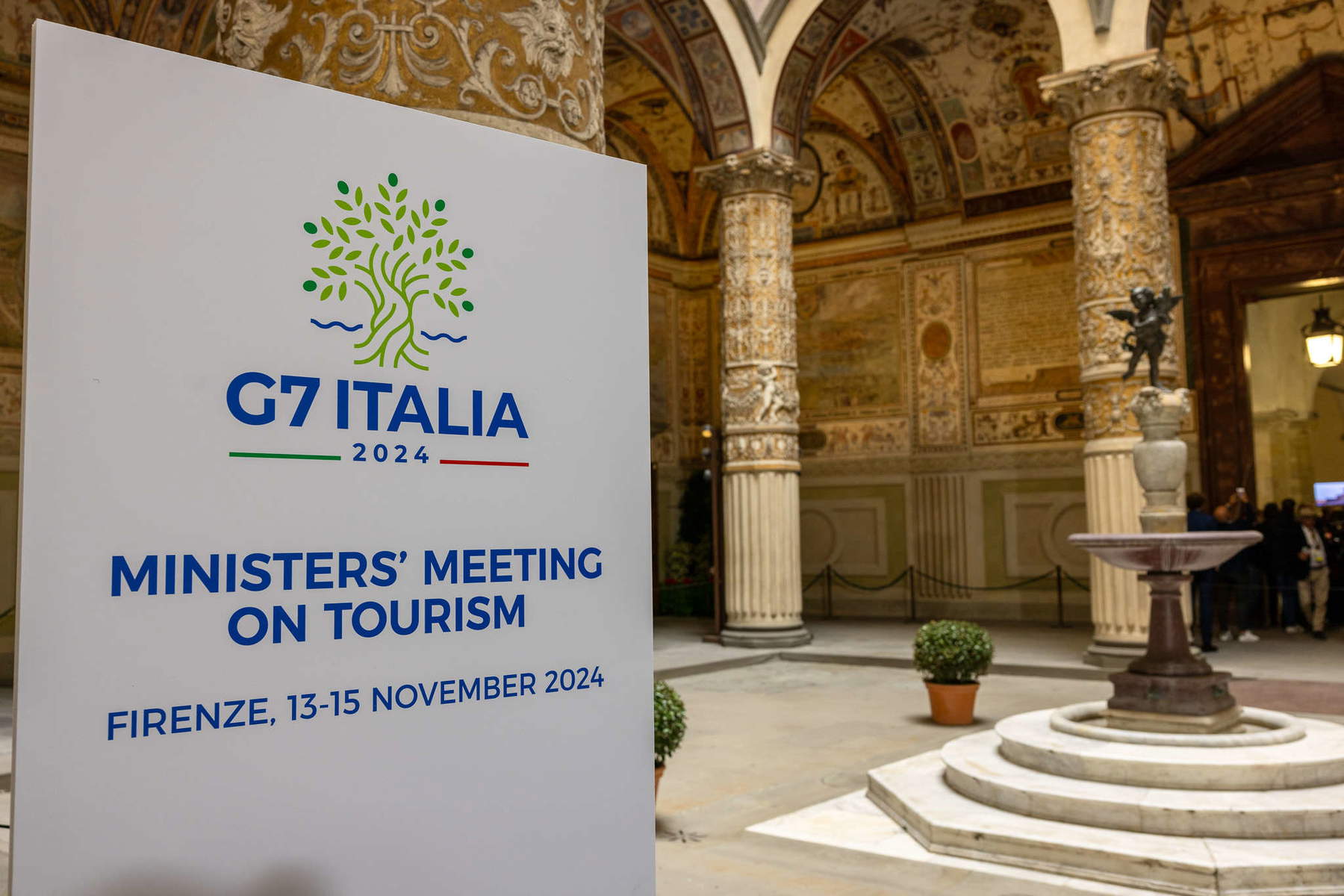
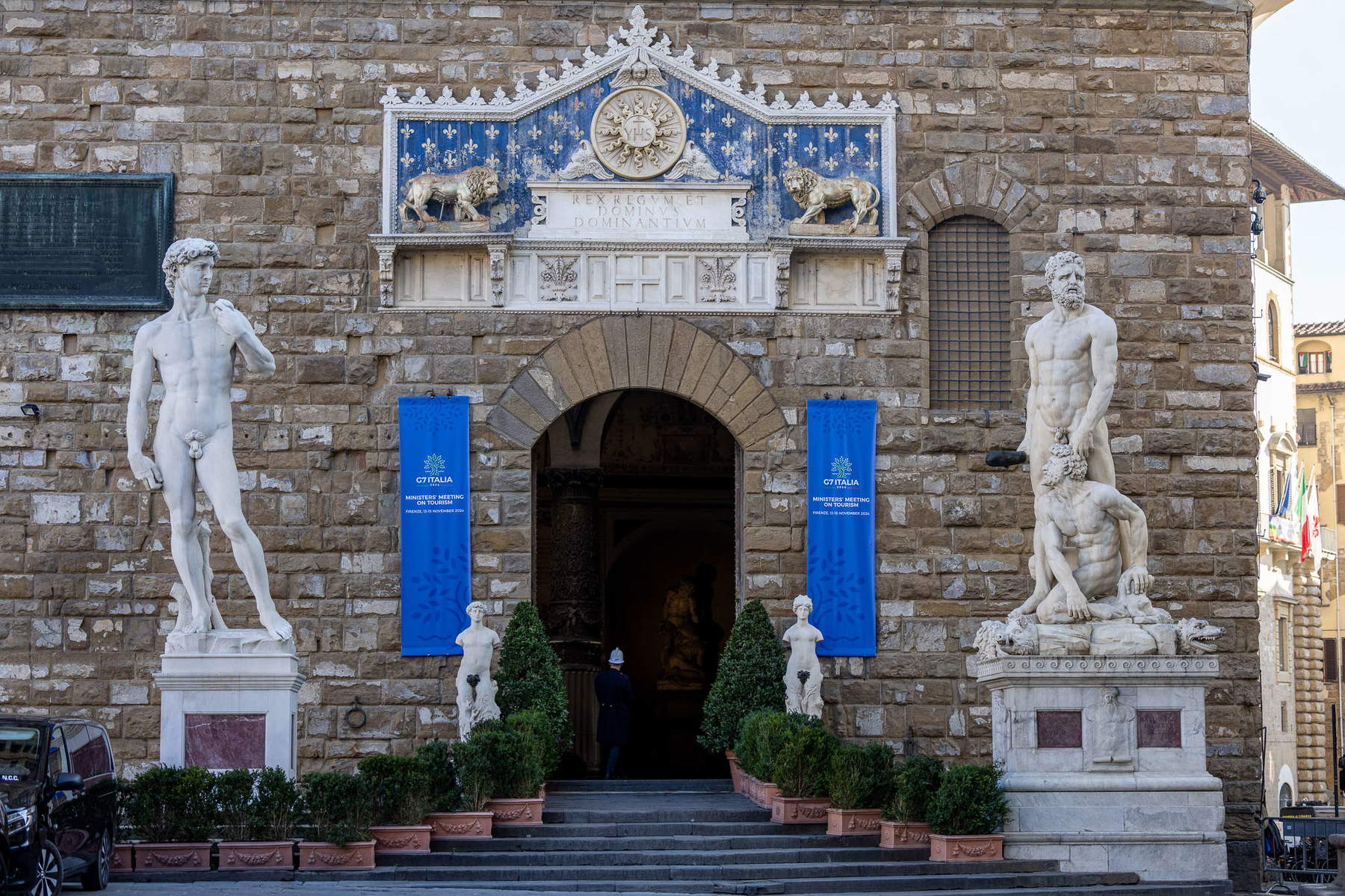
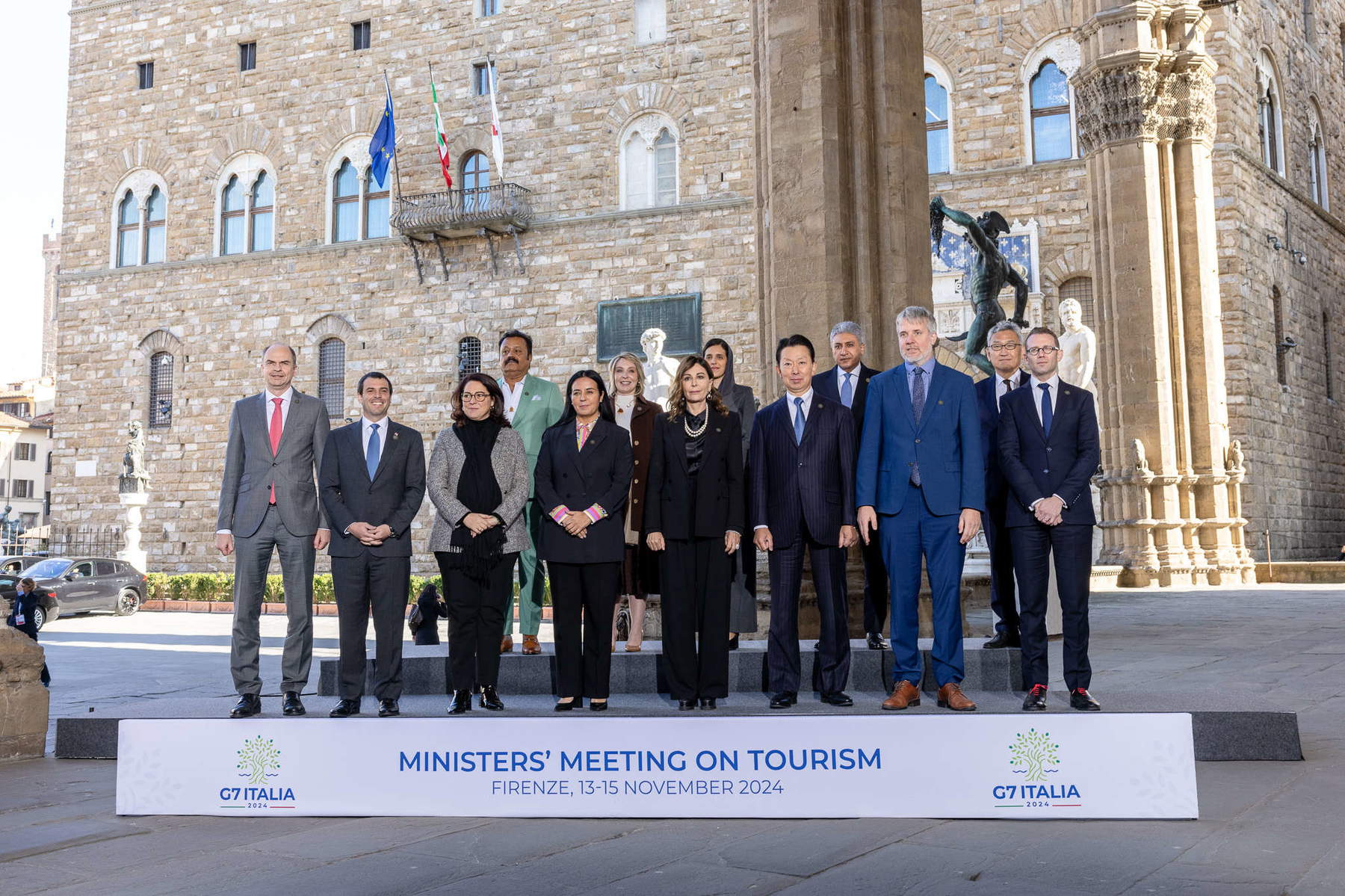
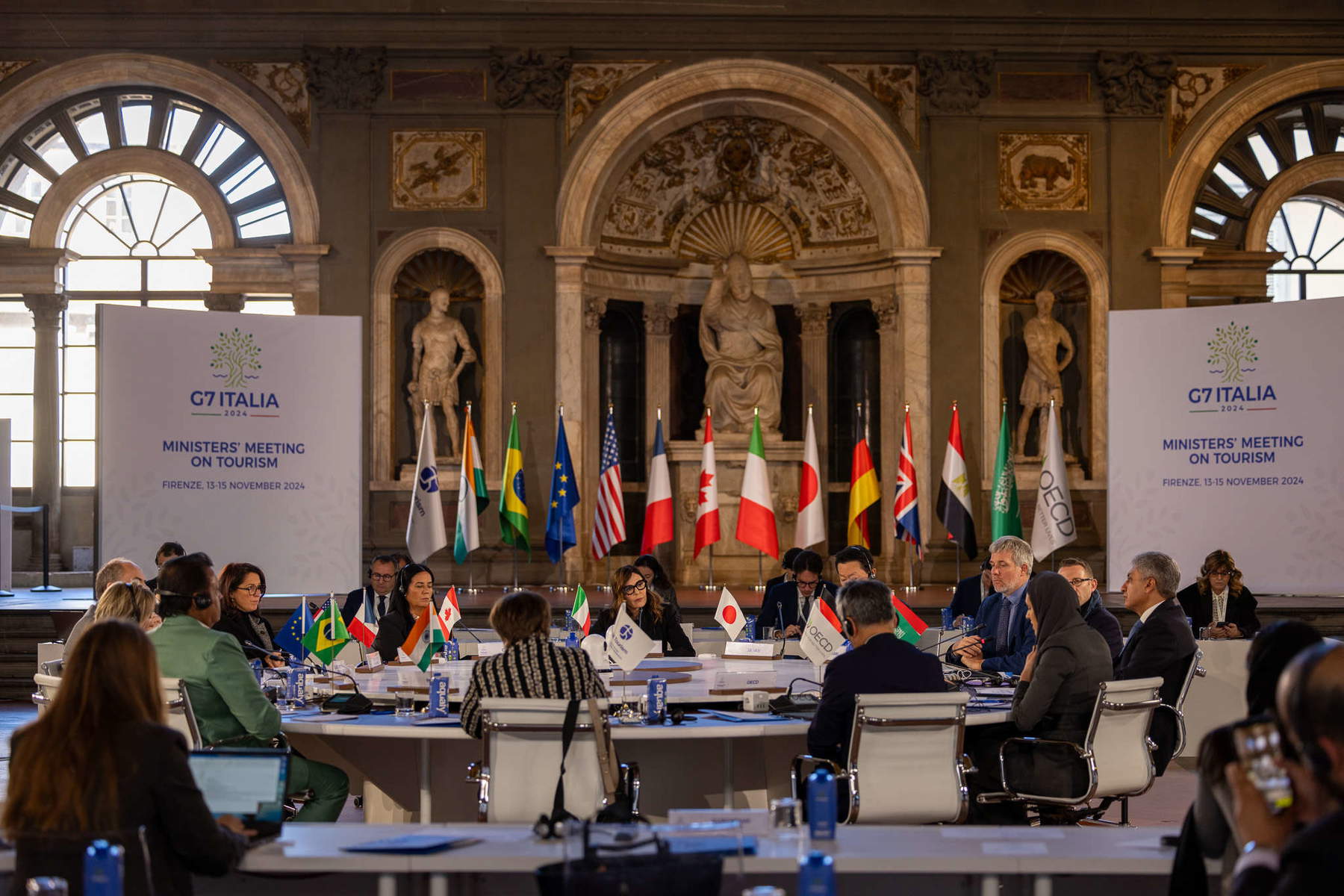
The caravan of the international summit, to arrive in Monteriggioni from Florence, used a train specially set up for such travel experiences: those of an extra luxury vacation in vintage style, and it is no coincidence that the train is called “Dolce Vita.” “If tourism has been put at the center of G7 economies for the first time, it is thanks to Italy, it is an all-Italian victory,” said Tourism Minister Daniela Santanchè. “Now there is no turning back. On the contrary, we have to look forward, to the future, and this is also testified by the first document adopted by the G7 governments on tourism and artificial intelligence.”
At the end of the sessions, the G7 tourism ministers adopted a document formalizing their common intention to spread the benefits of tourism for sustainable and inclusive development, strengthen the human factor and put digitization and artificial intelligence to good use. More specifically, the G7 ministers renewed their intention to promote sustainable tourism development in line with the United Nations 2030 Agenda, maximizing positive effects and managing externalities on local communities and the environment. Key points for the G7 ministers are the recognition of human capital as an essential factor in the tourism ecosystem, with professions requiring technical and soft skills, such as communication and flexibility, as well as improving workforce training, with a focus on skills related to sustainable tourism and new technologies.
Also at the center of the agenda was the adoption of digital technologies, such asartificial intelligence, understood as a key vector for the development of tourism in the direction of innovation and sustainability, without neglecting cybersecurity and data protection, preventing abuses such as fake reviews. And that of fake reviews has been a surprising topic debated: “We have also discussed the issue of reviews,” he said during the press conference held at the Uffizi, “and we are moving forward as Italy with the trade associations. I remember that there is already a European law within which we have to move, but we are determined to understand how we can better regulate in Italy. Everyone,” he admitted, “can express themselves as they see fit with regard to a hotel or a restaurant, but we must have guarantees that that one has gone there, because we know that packages of reviews are sold and we would not want it to become a tool of unfair competition. I hope we will come to a common position on this shortly. It is not possible for fake reviews to decree the death or life of our companies.”
The paper indicates how today it is estimated that each euro invested in AI in the industry can generate a return of up to three times as much, considering both direct and indirect effects through technological and commercial spillovers. “However, a significant portion of these benefits are concentrated in countries with advanced digital infrastructures highlighting the need for structural investments and targeted economic incentives, particularly for small and medium-sized enterprises, so that technological development does not result in unbridgeable gaps favoring only the largest players.”
“We commit,” is another passage in the final document, “to work closely at all levels of government, in partnership with the private sector, local populations and other stakeholders, to support a paradigm shift toward human-centered, well-managed and balanced tourism development. We emphasize the need for effective governance practices and coordinated policy actions, supported by sufficient resources at all levels.” And stimulated by Florentine journalists on the issue of overtourism, she said, “The issue of too much tourism does not exist. Instead, flows need to be better managed. Too many tourists are not a problem: in some cities we just have to figure out how to manage the flows. I would like to remember the desolation during the pandemic.” The word “overtourism” does not appear in the final official documents, but there is talk of deseasonalizing and diversifying supply.
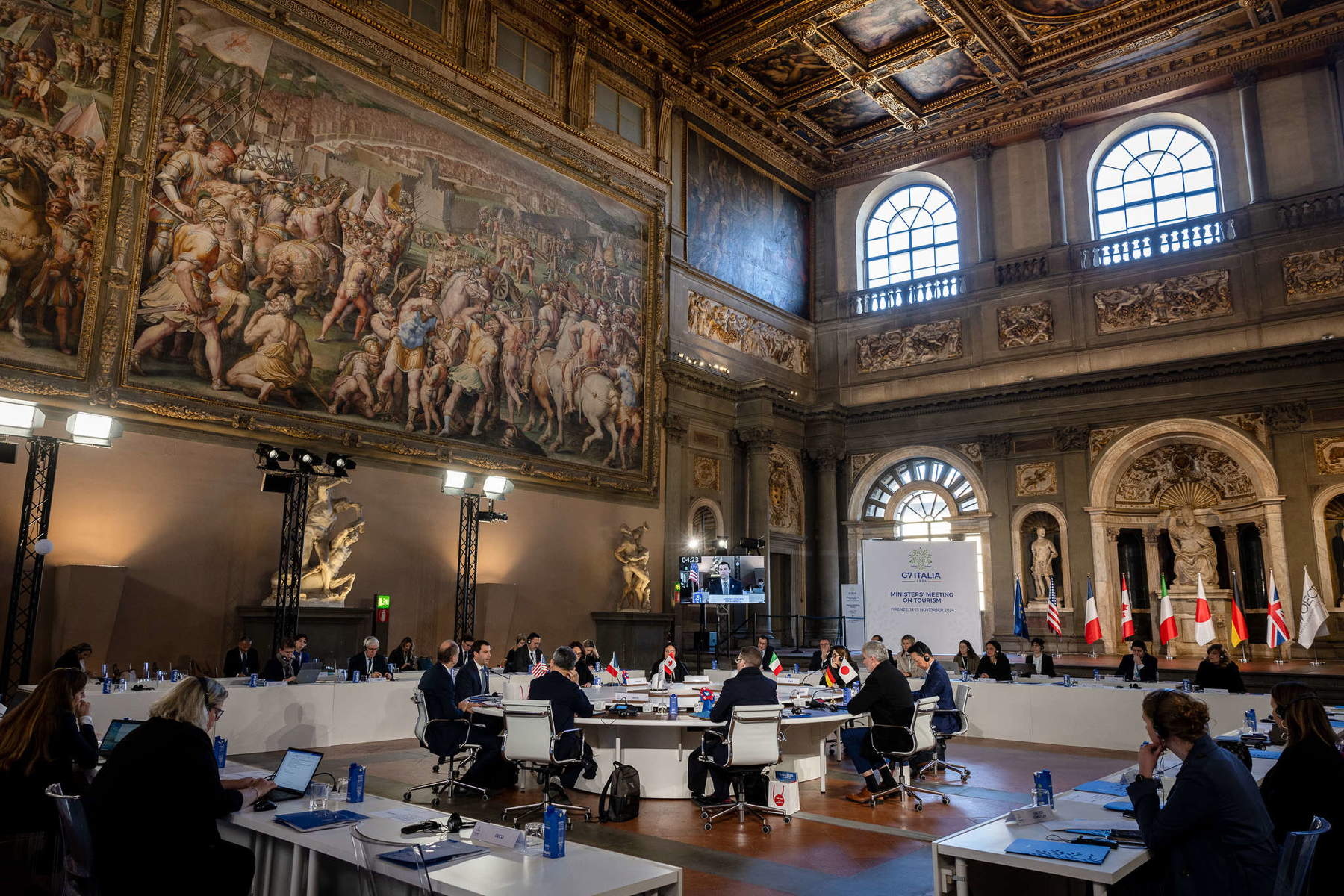
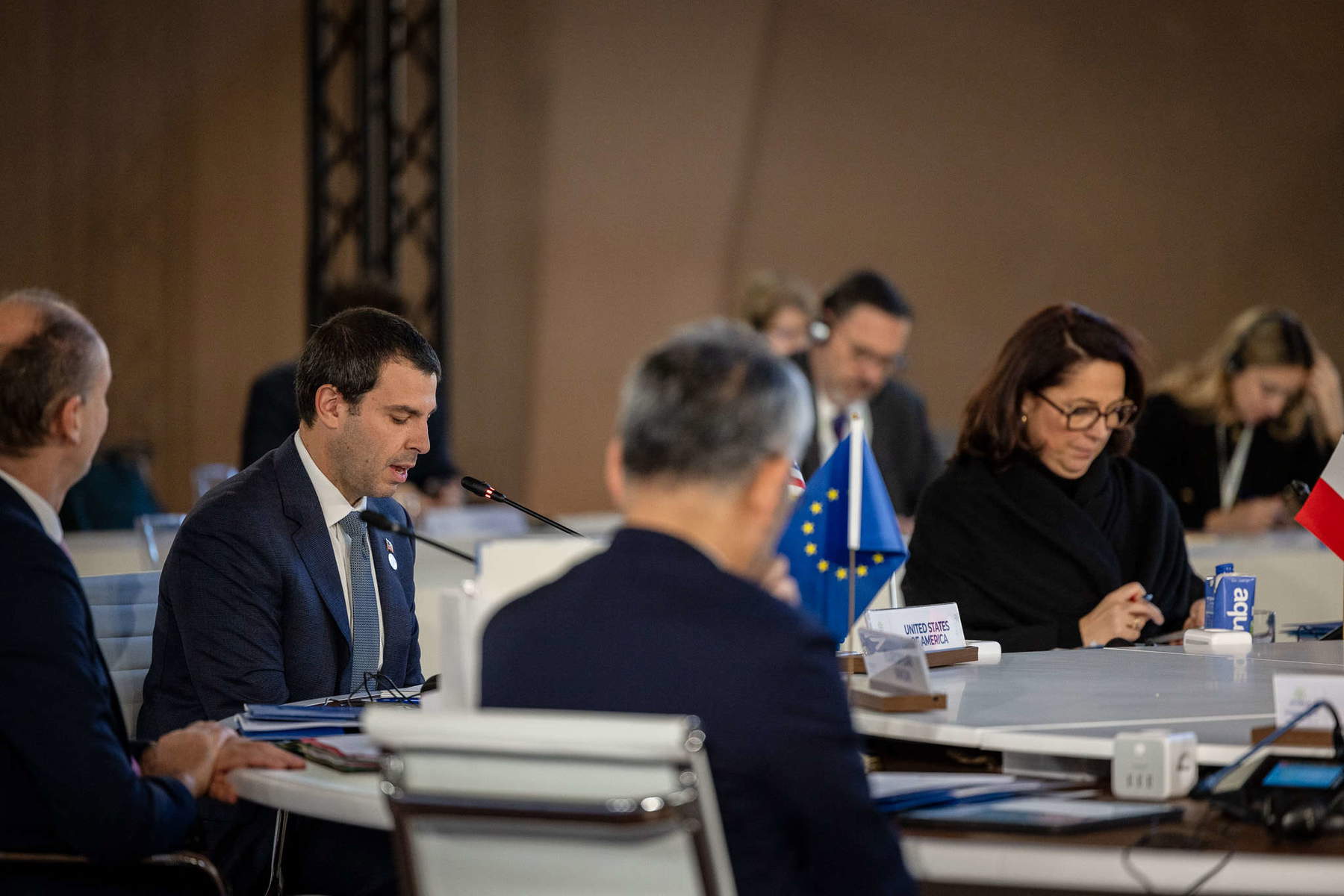

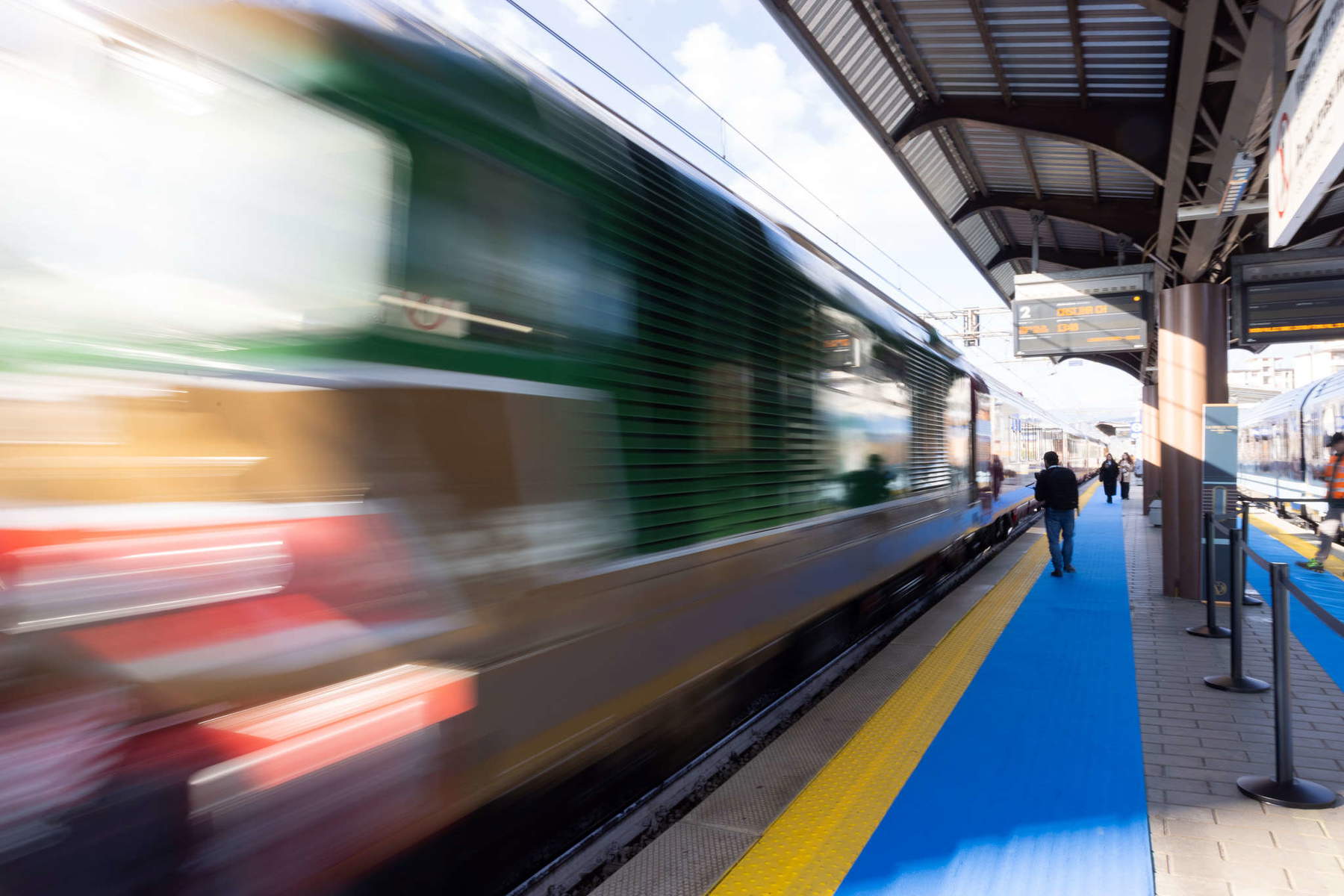
From the Florentine days emerges a stance on a widespread phenomenon in the center of Florence among those who rent their homes to tourists but do not want to waste time waiting for them and opening the door for them and have therefore adopted a system of entry by typing in a code or leaving the keys inside small boxes(keyboxes) hooked with padlocks to some doorknobs or nailed to the wall. As we showed last July. Minister Santanchè called them “ugly,” but in addition to the problem of decorum it raises the question of security since by law the guest must be personally identified upon arrival. Operation that evidently this instrument manages to bypass. He will therefore discuss this with Interior Minister Piantedosi.
In the days when Italy hosted the G7 Tourism, further recognition to our nation is found in the awarding of San Casciano dei Bagni (Siena) as "Best Tourism Village" assigned by UN Tourism. The award emphasizes those villages where tourism is a guardian of local culture and traditions, celebrating diversity and providing opportunities and safeguarding biodiversity.
Located south of the province of Siena, on the border with Umbria and Lazio, San Casciano dei Bagni, in addition to its beautiful landscape, is known for its thermal waters that flow at 40 degrees from numerous springs scattered throughout the area. In recent years, the village has made headlines for the extraordinary discovery of a thermal sanctuary whose votive deposit has been preserved intact. Over 20 bronze statues found, 10,000 coins, anatomical votive offerings dating back to Etruscan and Roman times, discoveries of inestimable historical value.
Warning: the translation into English of the original Italian article was created using automatic tools. We undertake to review all articles, but we do not guarantee the total absence of inaccuracies in the translation due to the program. You can find the original by clicking on the ITA button. If you find any mistake,please contact us.



























